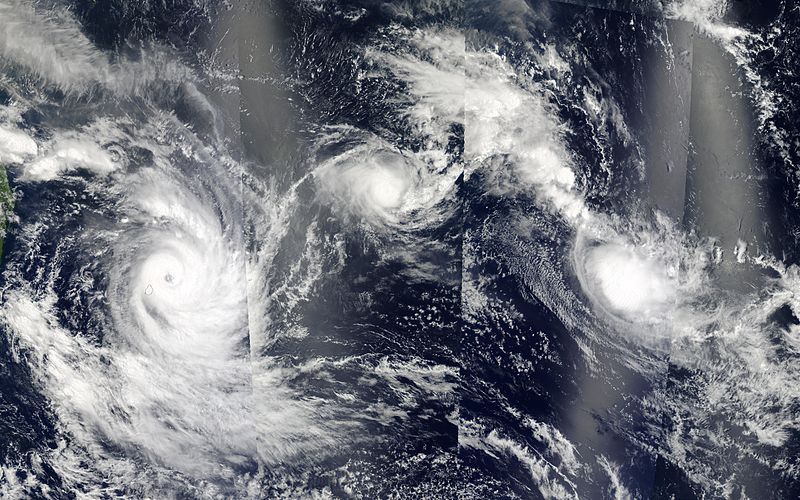IPCC says extreme weather to worsen
The UN Intergovernmental Panel on Climate Change (IPCC) has released a report today pleading with countries to produce disaster management plans to deal with the extreme weather events associated with human induced climate change.

The UN Intergovernmental Panel on Climate Change (IPCC) has released a report today pleading with countries to produce disaster management plans to deal with the extreme weather events associated with human induced climate change. It says an increase in heat waves is ‘almost certain’, whilst we are likely to see heavier rainfall, more floods, landslides, intense droughts, and cyclones in the coming century as extreme events increase in frequency and intensity.
For example the report says, "A 1-in-20 year hottest day is likely to become a 1-in-2 year event by the end of the 21st century in most regions.” The IPCC have a very consistent means of defining their adjectives; for example, virtually certain means that the likelihood is 99 per cent, very likely 90 percent and likely 66 per cent.
The announcement comes ahead of the COP17 meeting in Durban, South Africa, where delegates from around the world will come together to discuss climate change. It is unlikely a binding agreement on a solution will be reached; this comes on the back of a six per cent rise in emissions last year.
Heavy rainfall with tropical cyclones are going to be a particular concern for small island states, along with rising sea levels, whilst droughts are to become more widespread - affecting small island states (like those in the south Pacific) and many semi arid countries like those in Sub-Saharan Africa.






